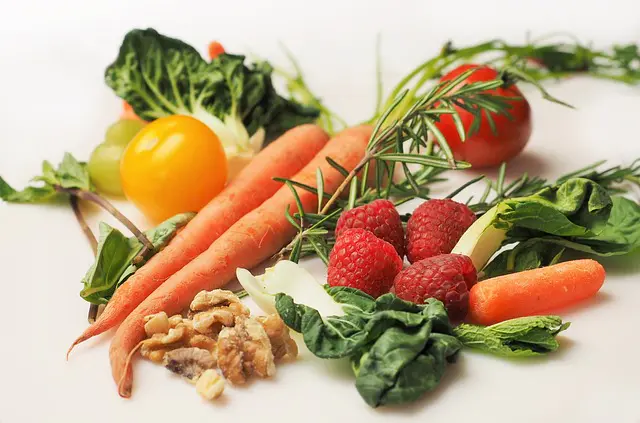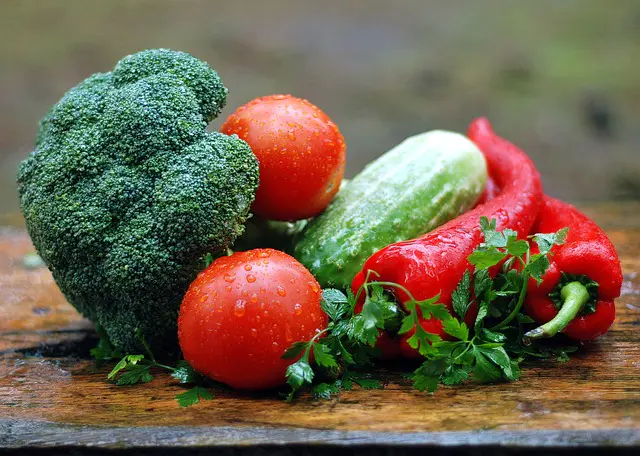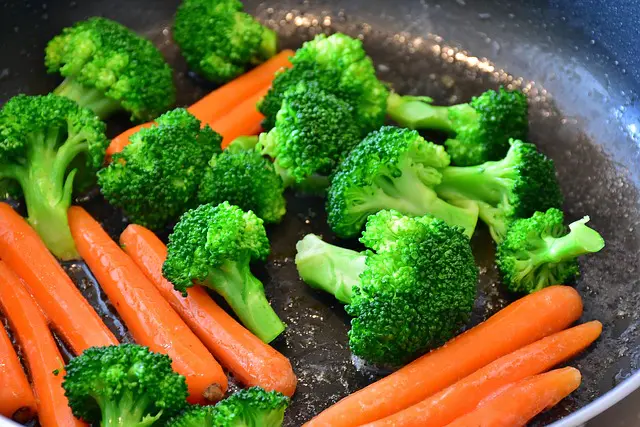There exists a misconception regarding certain foods that are falsely adorned with a "healthy" label. Consumers often assume these items are better for them based on misleading advertisements and consume them without scrutiny.
Many so-called "health foods" are not as nutritious as they seem, largely due to the power of persuasive marketing.
For example, a well-executed marketing campaign in the 1990s led to the widespread belief that pork is "the other white meat," despite its red color.
With an ever-growing list of new "health foods" each year, it's challenging to discern which claims are scientifically supported and which are merely the result of clever advertising. Here is a list of 7 foods that are not as healthy as they are marketed to be.

Turkey Bacon, Burgers, and Deli Meats
Processed turkey can be equally harmful as processed beef. It is high in salt, preservatives, and saturated fats, which counteract any potential health benefits from choosing white meat over red meat. Ultimately, bacon remains bacon, irrespective of its source.
Veggie Chips
While vegetables are beneficial, deep-frying them negates their health benefits. Veggie chips, in green and yellow hues, are no better than regular chips. Potatoes are vegetables, yet no one considers potato chips to be healthy.
Flavored Yogurt
Some flavored yogurts contain as much sugar as desserts. When purchasing yogurt, always check the label for added sugar content. Even Greek or Nordic yogurts, which are believed to be low in sugar, should be scrutinized. Opt for unsweetened yogurt as an alternative.
Margarine
The myth that margarine is a healthier alternative to butter has been debunked repeatedly, yet it's important to reiterate. Margarine is a blend of chemicals and refined oils, high in trans fats, which can lead to heart disease. Real butter is a better choice.
Agave
Agave is a popular "natural" sugar alternative, but it is worse than both sugar and high fructose corn syrup. This sweetener contains 70-90% fructose and can lead to severe metabolic issues.
Sports Drinks
Sports drinks contain electrolytes but are also high in sugar, designed for athletes rather than for those indulging in Netflix from home. Despite being perceived as a healthier alternative to soft drinks, they are only marginally lower in sugar content.

Granola and Protein Bars
These bars may appear to be nutritious snacks but are often packed with sugar and hydrogenated oils, which can lead to type 2 diabetes, weight gain, and heart disease if consumed regularly.
The key is to become an advocate for your own dietary choices to ensure you're consuming the healthiest options. Disregard marketing claims; the truth lies in the ingredients. Always read the labels, paying close attention to sugar and added sugar content.
Recent
See All2025-02-28
Maximize Your Fitness Routine in Minimal Time
2025-02-28
Strategic Portion Management for Holiday Feasts
2025-02-28
Embrace a Plant-Based Diet for Enhanced Health and Longevity
2025-02-28
Transform Your Fitness Routine with High Intensity Interval Training!
2025-02-28
Embrace Vegetarianism for a Healthier and Longer Life
2025-02-28
Embrace a Diet-Free Lifestyle for Everlasting Health!
2025-02-28
Overcoming Unhealthy Habits in a Month
2025-02-28
Temporarily Toss Aside the Scale!
2025-02-28
Welcome to the Era of Health Tech!
2025-02-28
Harness the Power of Physical Therapy to Alleviate Pain
Newsletter
Get life tips delivered directly to your inbox!










